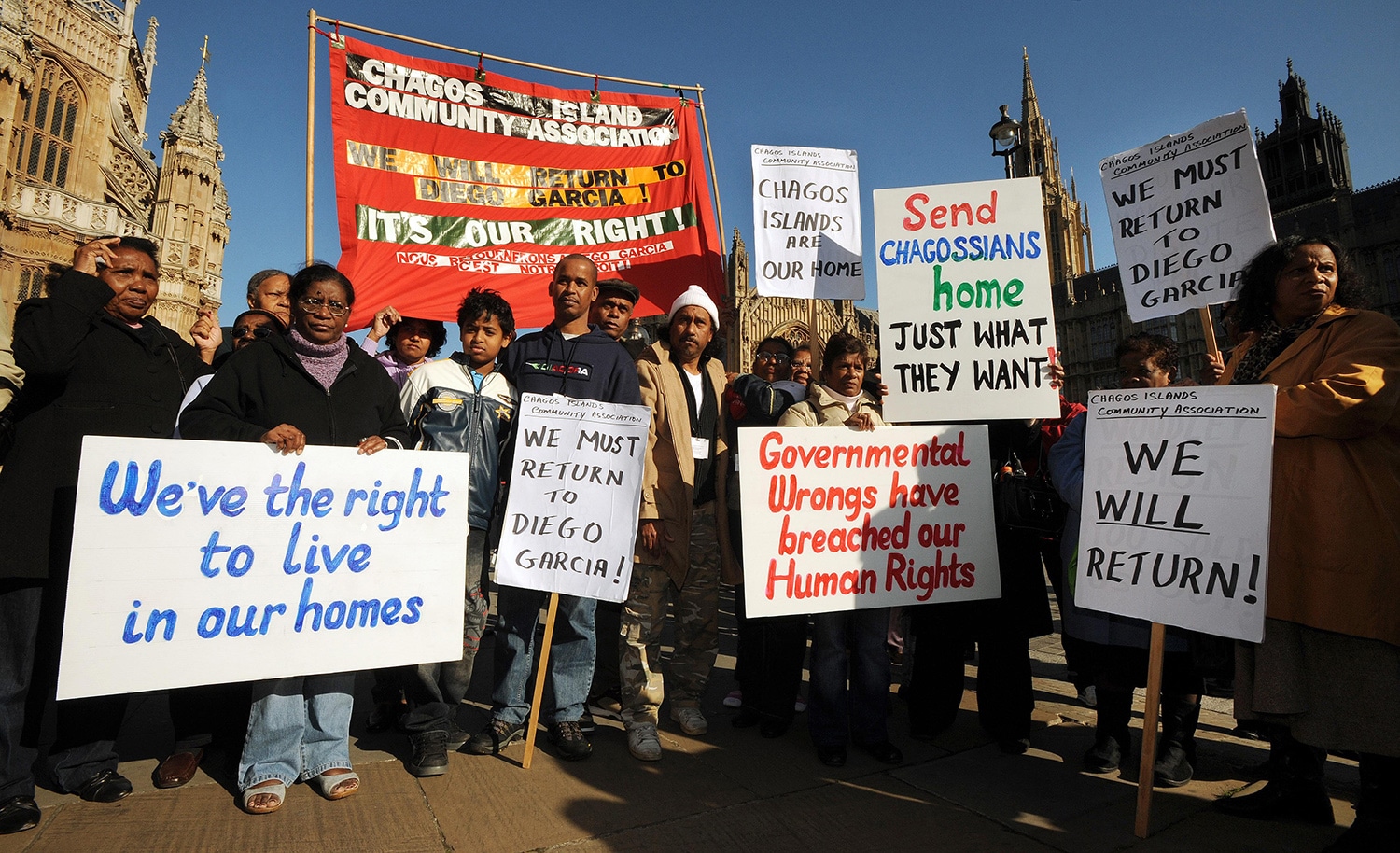London, UK – British foreign secretary, James Cleverly has revealed that the UK has agreed to open negotiations with Mauritius over the future handover of the Chagos Islands.
The major reversal of policy following years of resistance and legal defeats in international courts is followed by talks between the then prime minister, Liz Truss, and Mauritius officials in New York in October.
In a written ministerial statement the foreign secretary, James Cleverly, said the aim was to reach a settlement with Mauritius early next year.
“Through negotiations, taking into account relevant legal proceedings, it is our intention to secure an agreement on the basis of international law to resolve all outstanding issues, including those relating to the former inhabitants of the Chagos Archipelago,” Mr Ceverly wrote.
The intended agreement will allow for the return of former inhabitants of the Chagos archipelago who were forcibly displaced by the British government in the 1960s and 1970s.
The UK would intend to maintain control of its strategic Indian Ocean military base in Diego Garcia, which it leases to the US.
The UK has twice been defeated in the international courts over the issue and, with ministers intent on a tilt to the Indo-Pacific, it was felt the British resistance to a handover was hampering the UK’s ability to build alliances in the region.
The US appears to have received satisfactory assurances about its base. When Mauritius gained independence from the UK in 1968, London severed the Chagos Islands from the rest of the country so it could lease the island of Diego Garcia to the US for a military base.
In 2019 the international court of justice, the UN’s highest court, ruled that the continuing British occupation of the islands was illegal and the Chagos Islands were rightfully part of Mauritius. The UK ignored the ruling on the grounds that it was advisory, but this position became increasingly untenable in the context of British attempts to uphold the importance of international law.
Last year the Hamburg-based international tribunal for the law of the sea ruled that the British claim to the archipelago was illegal, but the UK also refused to accept that ruling.
More recently the tribunal took up the dispute between Mauritius and the Maldives over a 37,000-sq-mile (95,000 sq km) expanse of the Indian Ocean. Both sides are claiming the fish-rich waters as their own economic zones.
Ibrahim Riffath, the attorney general of the Maldives, told the nine-judge UN panel the case brought by Mauritius exists “primarily to advance its dispute with the United Kingdom”.
The Maldives sprang a surprise late last month by declaring that it supported Mauritius in its efforts to decolonise the Chagos Islands from the UK. Until this declaration, the Maldives had always backed the UK’s continuing control of the islands.
However, the revelation has raised concerns among the people with government receiving heavy criticism.
Maldives had previously voted against the resolution in the 2019 vote at the UN along with the United States, Hungary, Israel and Australia voted against the resolution, while 56 countries abstained from the vote. 116 nations were in favor of the motion, which sets a six-month deadline for Britain to withdraw from the Chagos island chain and for the islands to be reunified with neighboring Mauritius.





